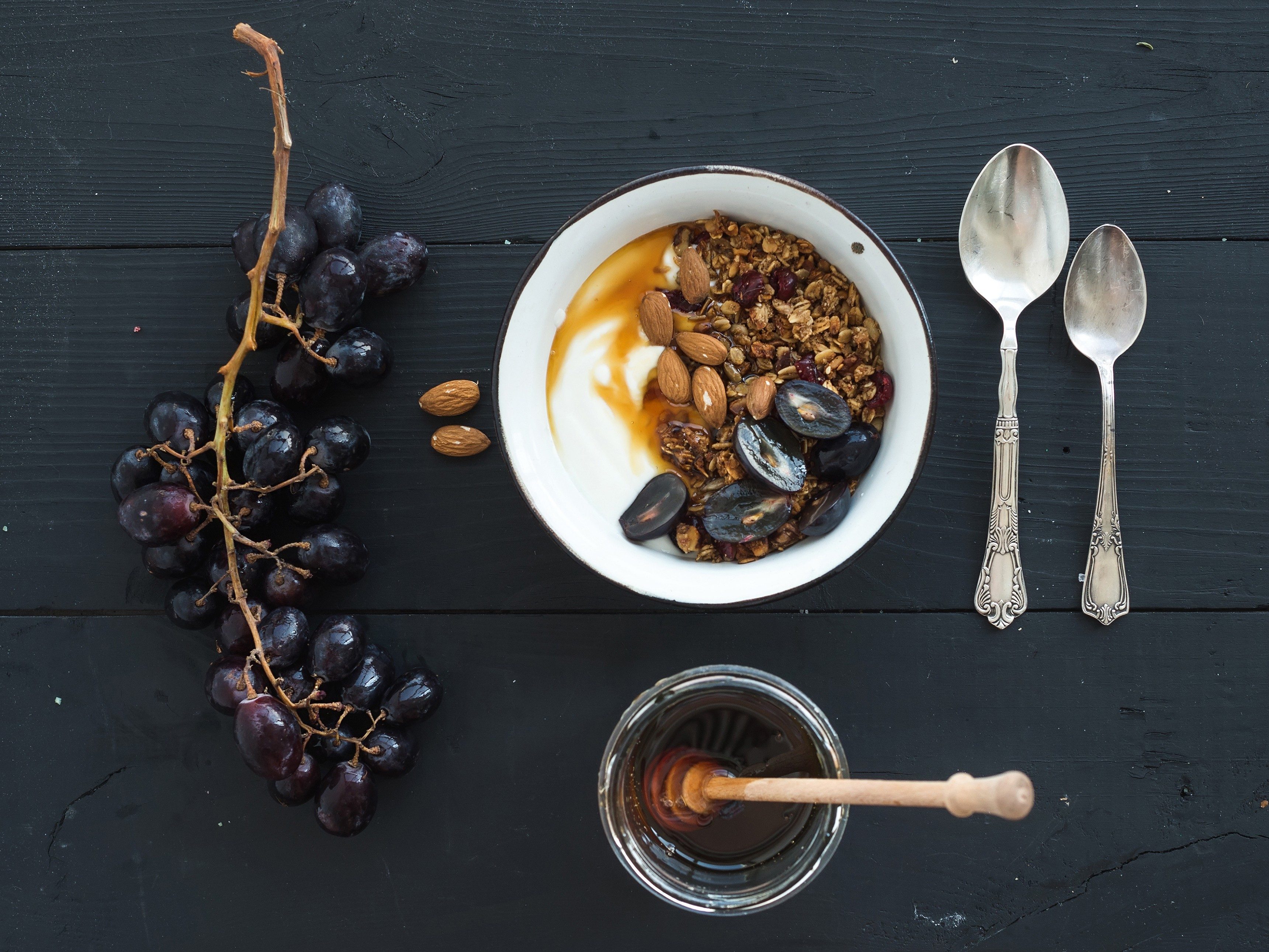
1. Boost energy with a protein-rich breakfast.
Include protein at breakfast. Our bodies repair during sleep, and this takes energy, which needs replacing. “You’re already waking up at a deficit,” says Debra Basch, a registered holistic nutritionist from Toronto. She suggests including Greek yogurt, flaxseeds or hemp seeds.
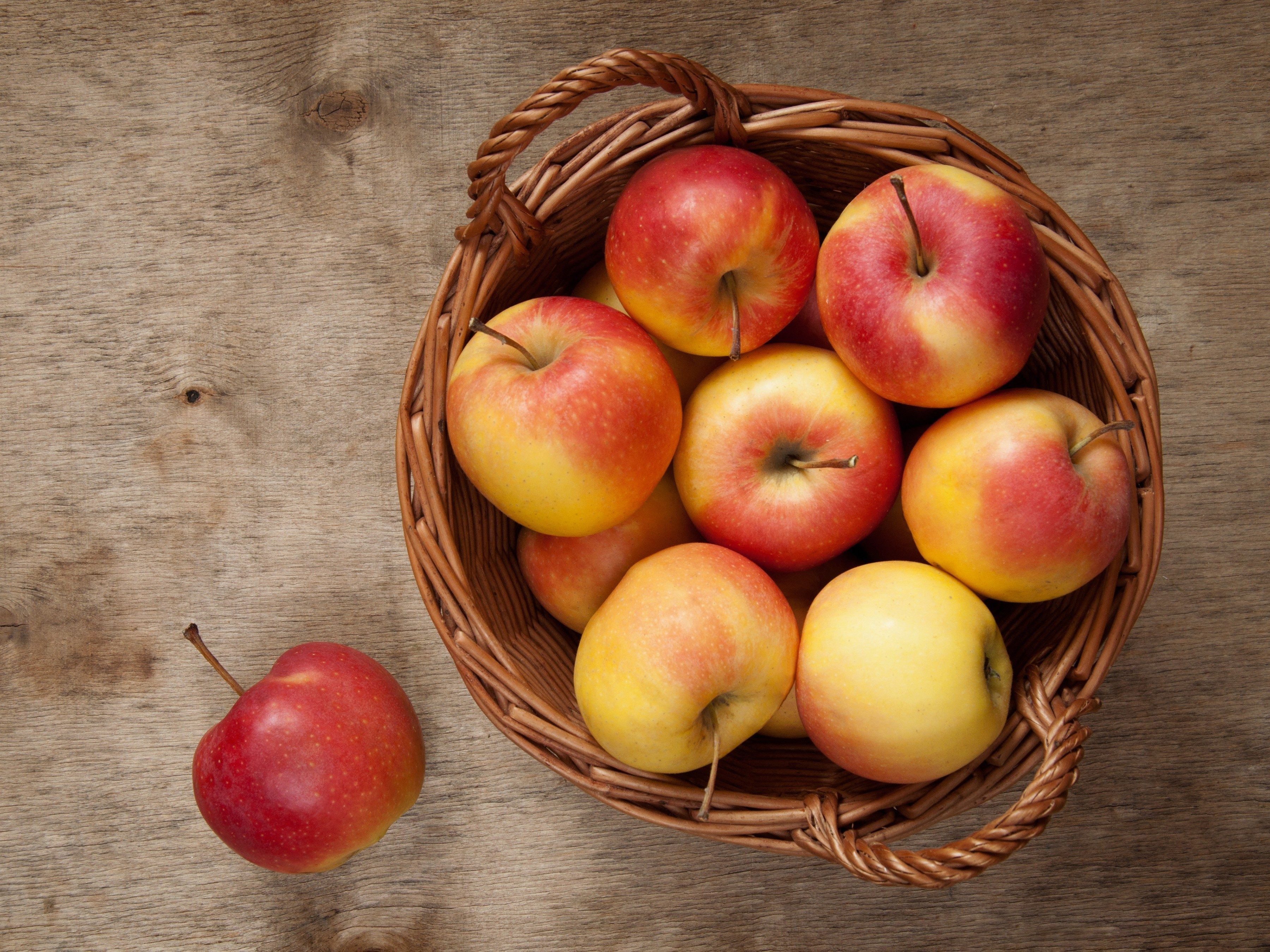
2. Snack smart for an energy boost.
Snacking can sustain energy levels, Basch says-provided you’re reaching for nutritious foods. Try apples or nuts; the fibre and protein will help hold you over until you next eat.
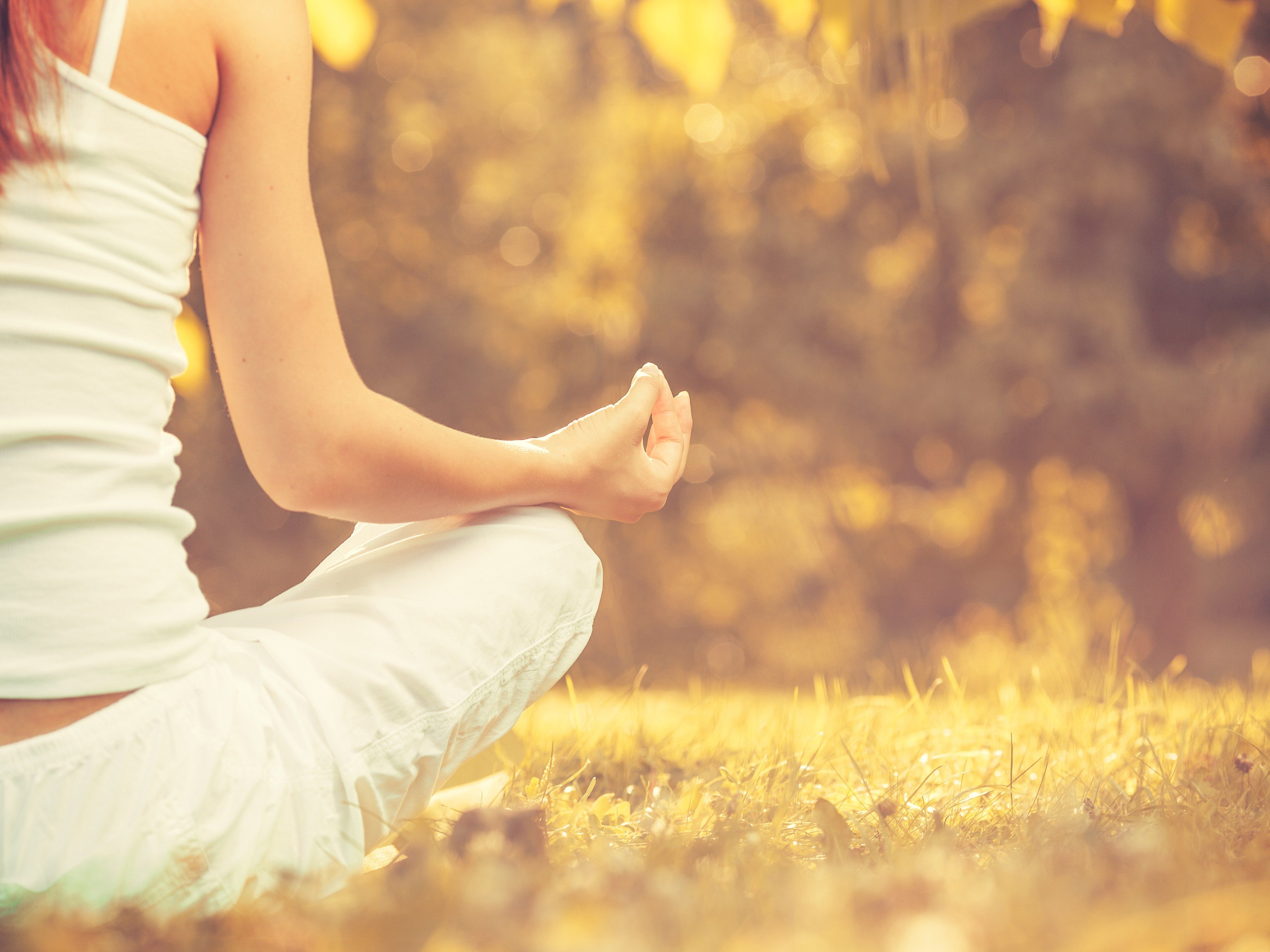
3. Boost energy by banishing stress.
Stress is an energy zapper-feeling sluggish might be your body’s response to tension. The National Institute of Mental Health suggests activities like meditation, yoga and tai chi to help with agitation.

4. Don’t look for an energy boost in a bottle.
Skip the nightcap. While alcohol reduces the amount of time it takes to nod off, studies have shown that it interferes with REM sleep, the restorative stage in which memories are stored and dreaming occurs.

5. Fight fatigue with physical activity.
A little workout goes a long way when it comes to boosting your energy. A 2008 study from the University of Georgia revealed that after only 20 minutes of low-intensity exercise on a stationary bike (comparable to a leisurely walk), participants who had initially reported persistent tiredness had 65 per cent lower fatigue scores.
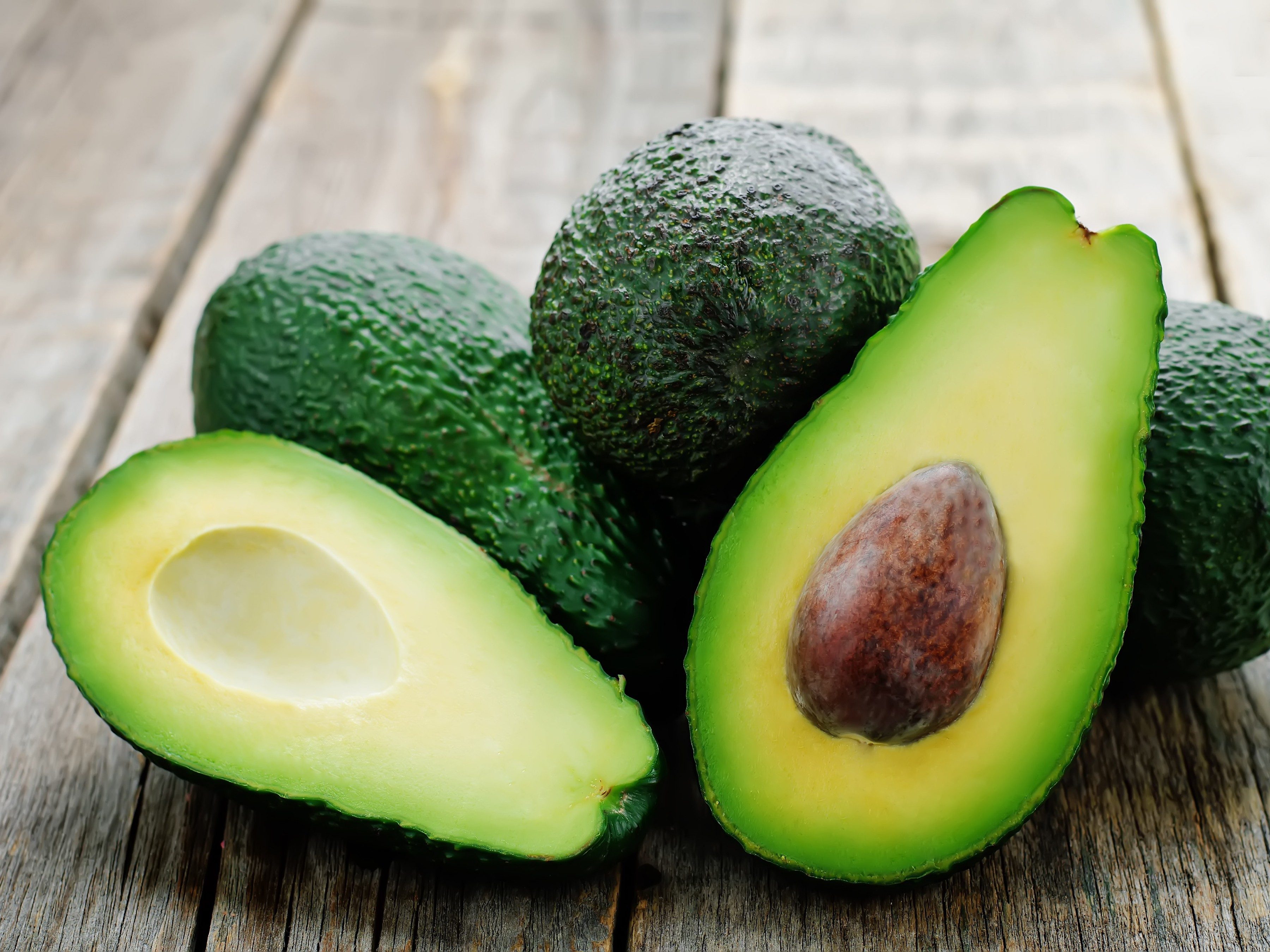
6. Not all fat is bad fat.
At mealtimes, “your best source of energy is fat,” says Dr. Jonny Bowden, a nutrition specialist based in California and co-author of Smart Fat. Incorporate such foods as avocados and walnuts into your diet.

7. Boost your energy with a belly laugh.
Laughter may well be the best medicine. Research from the University of Nebraska-Lincoln suggests that exposure to humour-even 12 short minutes of it-can increase your energy. Have a funny online video on standby to get you through that afternoon slump.

8. Stay well hydrated.
Dehydration-severe or mild-leaves us feeling tired. Drink plenty of fluids and eat fresh produce such as cantaloupe, which contains high concentrations of water.
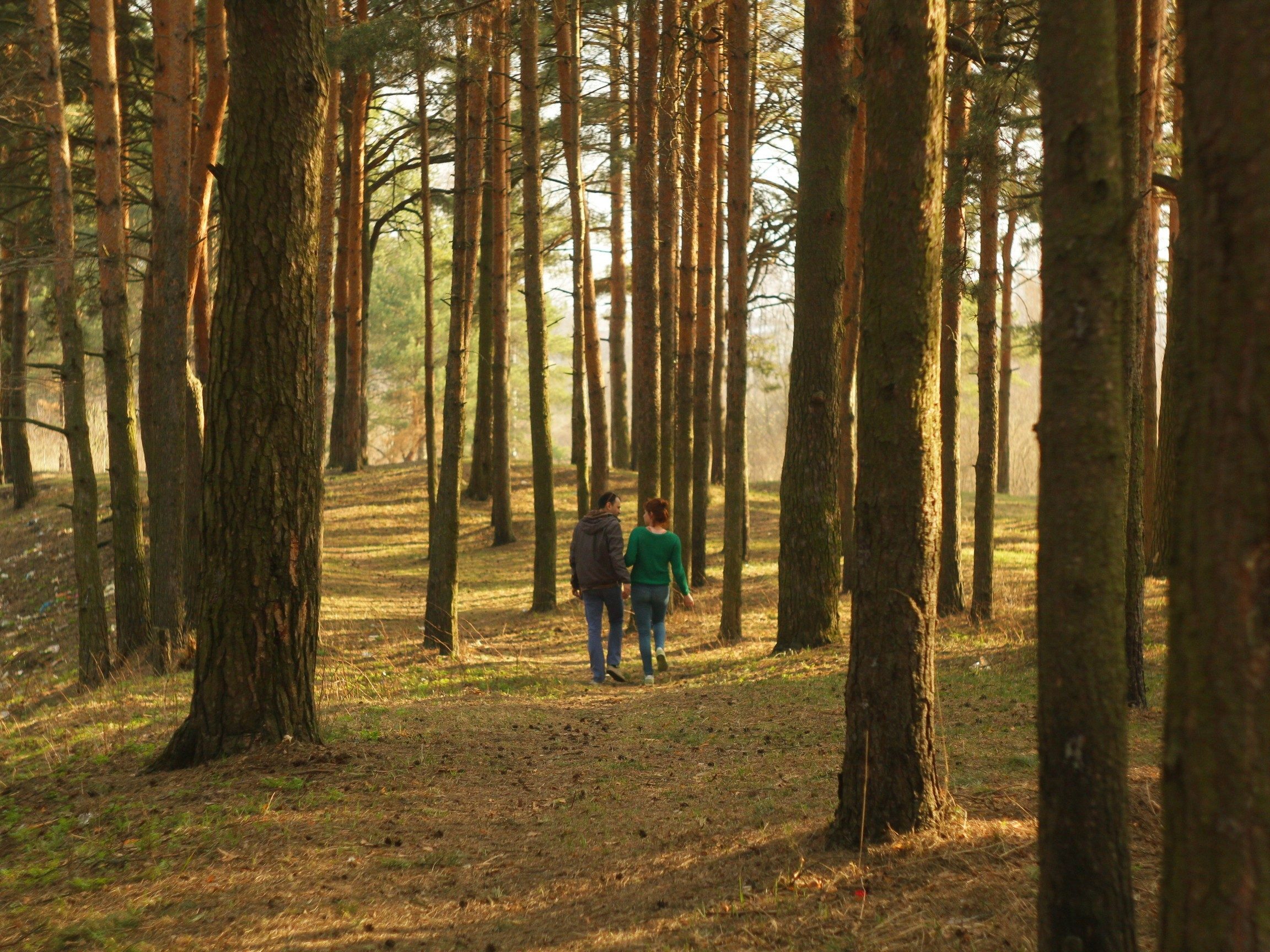
9. Reconnect with nature for an energy boost.
To reboot, get outside. A study in the Journal of Environmental Psychology suggests that being surrounded by elements like trees and fresh air, for as little as 15 minutes, is linked with greater feelings of vitality.

10. Soak up some rays.
Research published in the journal Environmental Health Perspectives states that the vitamin D from sunlight can improve not only your energy but also your mood and sleep quality.

11. Boost energy by getting more sleep.
Fatigue and lack of nighttime rest go hand in hand. “Everybody has a baseline sleep requirement that is non-negotiable,” says Dr. James MacFarlane, the Toronto-based director of education and clinical consultant at MedSleep clinic. Most of us need somewhere between 6.5 and 8.5 hours of sleep to remain alert throughout the day.
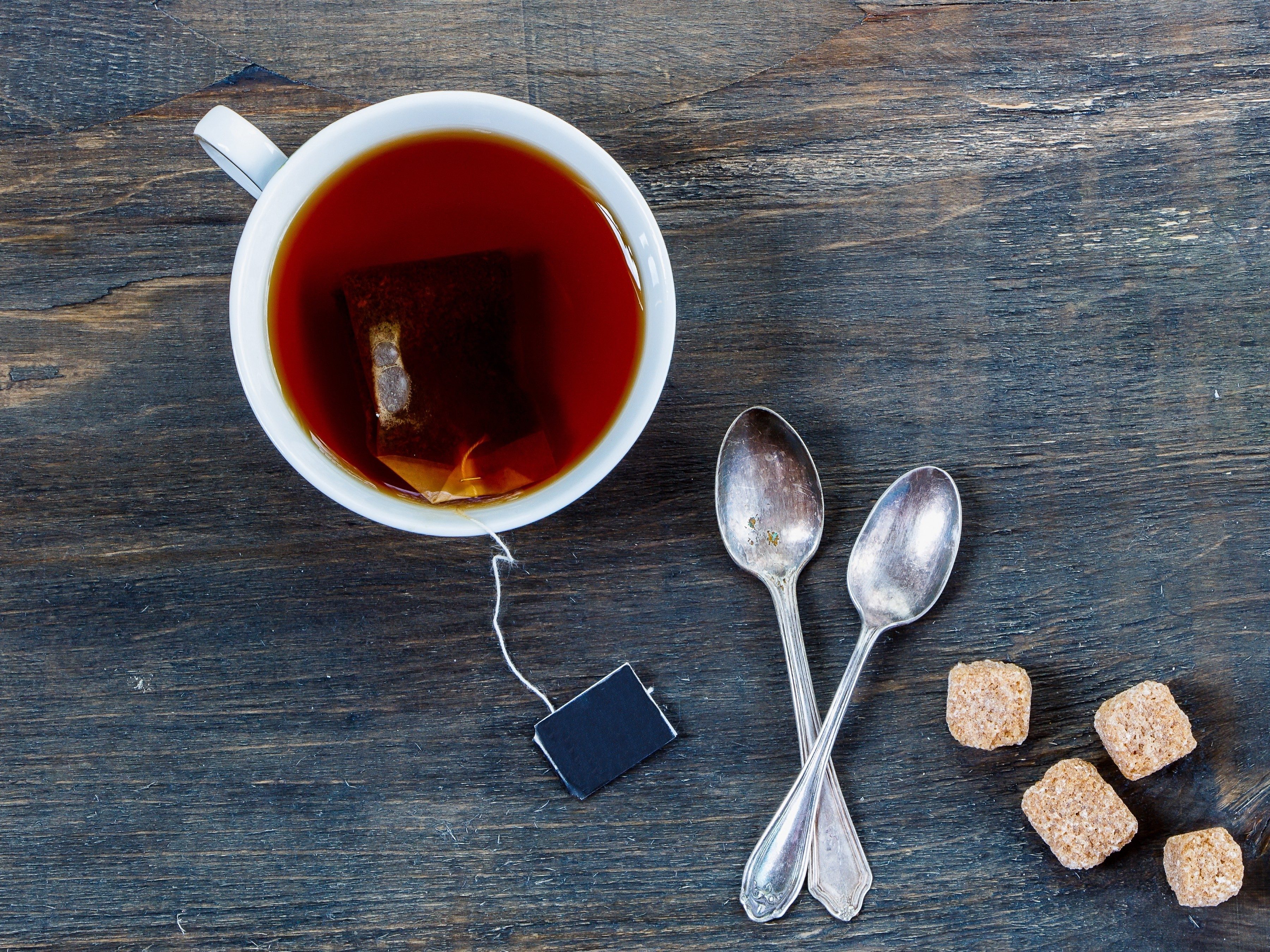
12. Boost your energy with caffeinated tea.
If coffee makes you jittery, try caffeinated tea instead. The drink’s combination of caffeine and L-theanine, an amino acid that has a relaxing effect on the brain without causing drowsiness, can make tea both energizing and calming.
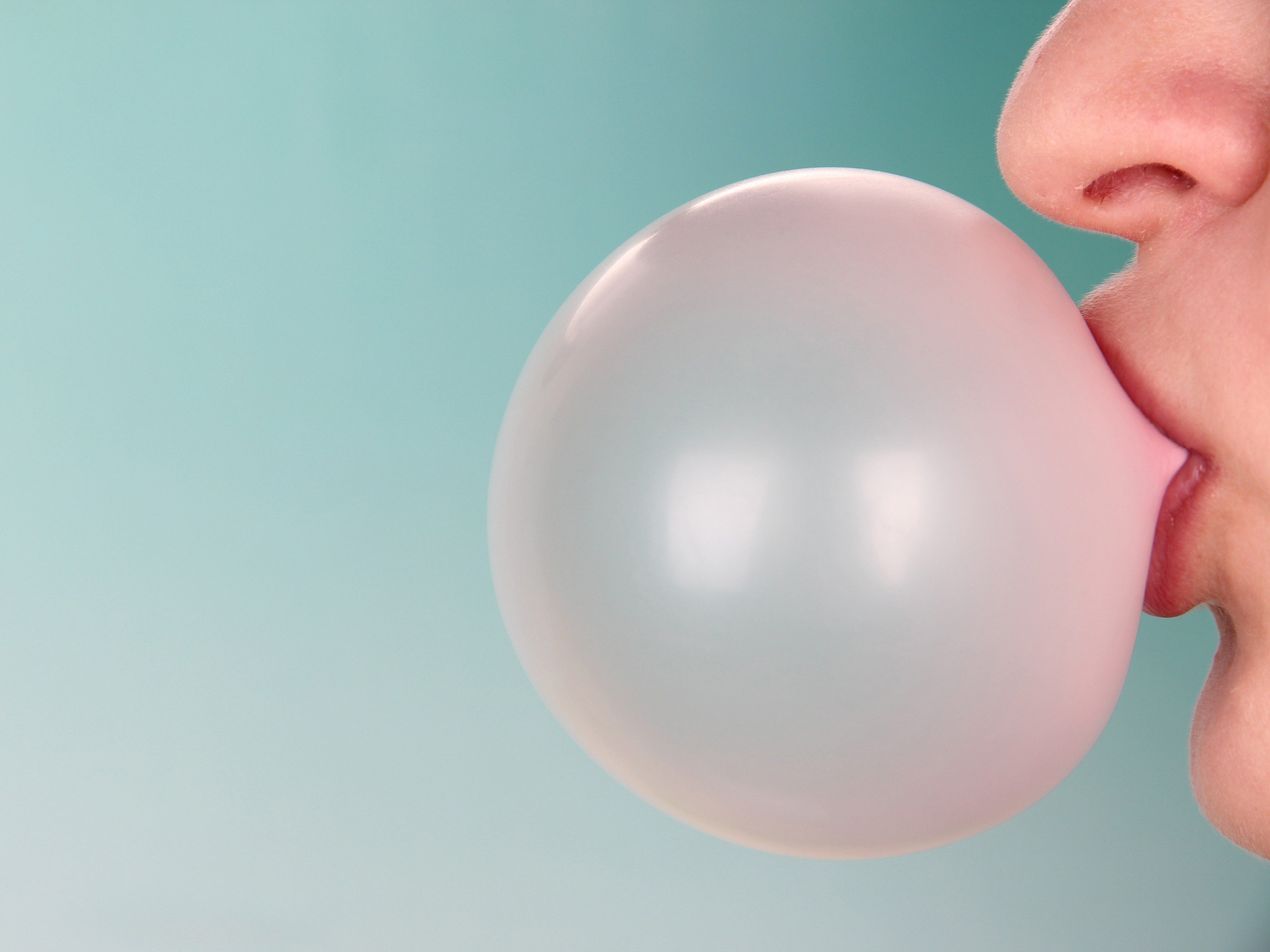
13. Chew a stick of gum.
Gum may do more than just freshen your breath. In 2012, a group of researchers at Coventry University in England put individual participants in a dark room for 11 minutes on three separate occasions. In the first instance, they chewed gum; in the second, they didn’t; and in the third, they mimicked chewing. Chewing gum reduced the extent of daytime sleepiness. This might be because the act causes “heightened cerebral activity” or due to the “arousing effects” of mint flavour. Now, that’s something to chew on.
Check out more healthy living tips!
For more features like this delivered straight to your inbox, sign up for our Health and Wellness newsletter!
Explore Reader’s Digest Canada.